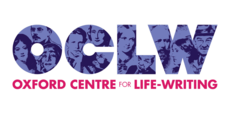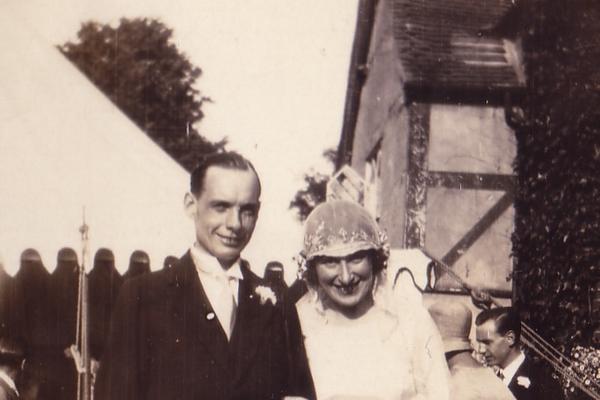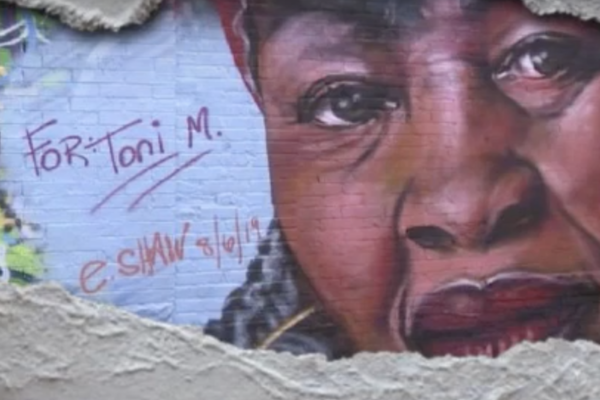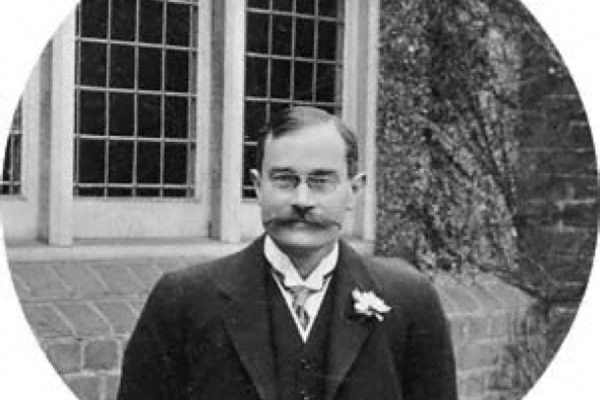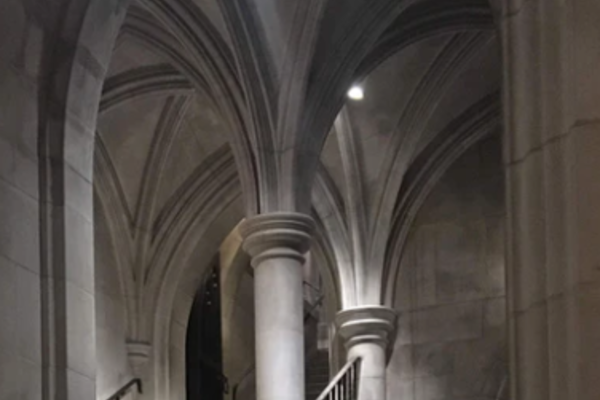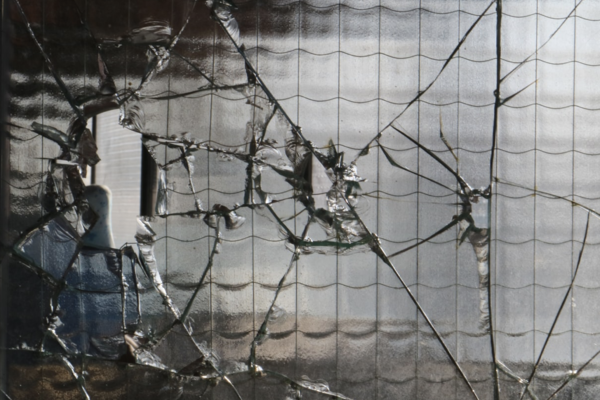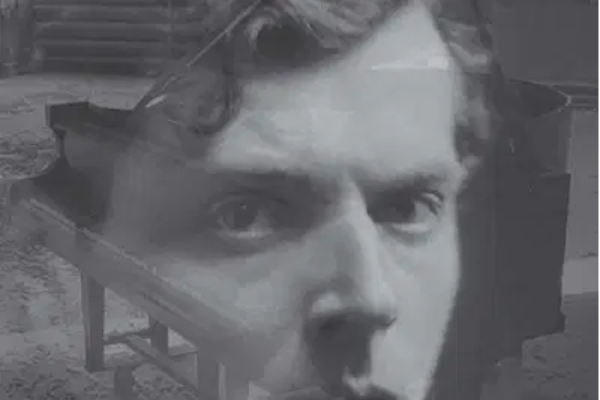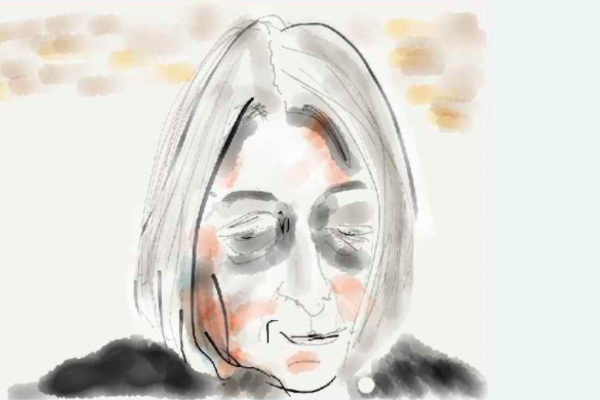“In Sickness and in Health”: Writing Life through the Essay
'In Sickness and in Health': Writing Life through the Essay
Introduction
‘An Essay-Writer must practise in the Chymical Method’: The Early Royal Society’s Adoption of the Essay Genre
This paper will examine the use made of the emergent genre of the essay by seventeenth century members and associates of the Royal Society. Robert Boyle is often cited as the epitome of the experimentalist essay writers, who used the genre to publish their findings. However, works titled as essays were generally written to advance the Society as well as the scientific method itself. Abraham Cowley's scientific interests found expression in a short prose pamphlet published in 1661, but he turned to the essay when making the case for his personal retreat and agricultural life being the best engagement, he could have with the natural world. William Petty turned to essay writing in his later life, and his essays put a Baconian passion for quantitative precision to political use. Joseph Glanvill’s Scepsis Scientifica (1665) earned him a Society fellowship, and he continued to use the essay form to promote the activities and philosophy of the Society thereafter. Boyle can be seen as an exception to, rather than the epitome of, the use of the essay form by Royal Society members and associates, yet the essay was still a vital tool for the promotion of the new natural philosophy.
Caroline Curtis took their first degree in English Literature at the University of Oxford and is currently undertaking doctoral work at the University of Birmingham. Their thesis examines autobiographical practices of members of the early Royal Society, arguing that such practices were essential, rather than incidental, to the Society's success.
‘And Other Essays’: Illness Narratives and Creative Non-Fiction
This paper discusses the changing forms of illness narratives, where contemporary works are moving away from traditional modes of pathography or chronological memoir, to something closer to the essay form. Thinking especially about collections of works such as Pain Woman Takes Your Keys and Other Essays From a Nervous System (2017) by Sonja Huber and The Empathy Exams: Essays (2014) by Leslie Jameson, I explore the idea of the essay compilation, what relationship each piece has with one another, and what this indicates about current approaches to illness memoir and medical experiences. Does the essay form suggest a different representational relationship with the illness experience? Is the essay a means of marking the chronicity of certain conditions? Is the essay a unique domain of the body, and the self?
Dr Marie Allit is a Humanities and Healthcare Fellow at the University of Oxford, on the project ‘Advancing Medical Professionalism: Integrating Humanities Teaching in the University of Oxford’s Medical School’. She is also the Postdoctoral Research Assistant for the Northern Network for Medical Humanities Research, at the University of Leeds. Marie is a collaborator on the Wellcome small grant project ‘Senses and Modern Health/care Environments: Exploring interdisciplinary and international opportunities’, led by Dr Victoria Bates. She is also a co-investigator on a Wellcome Discretionary Award, ‘Thinking Through Things’, which aims to develop a cross-disciplinary ECR research network that engages with the Wellcome Collection, in connection with the Northern Network for Medical Humanities Research and Durham’s Institute for Medical Humanities. Marie completed her PhD in English Literature at the University of York in 2018, focusing on experiences and representations of spaces and senses in First World War medical caregiving narratives. Marie’s research focuses on medical life writing; practitioner health; medical spaces and senses; and early 20th century surgery.
“To Be Ill and Writing”: Eve Kosofsky Sedgwick and the Confessional Essay
The “need to bind things together again makes pathographical literature a rich source for the literary critic.” But what if the writer of the pathography, or illness narrative, is herself a literary critic—one, no less, whose “mother’s milk has been deconstruction”, a critical orientation wary of clean-cut dualisms and tidy unities? This dissertation traces the ways in which, from the critical moment of her breast cancer diagnosis in 1991 through to her death in 2009, the monographs and essay collections, poems and art-objects of queer theorist Eve Kosofsky Sedgwick reach across forms, genres, and styles, in such a way that the ‘critical’ and the ‘confessional’ begin to, in Sedgwick’s own words, “intimate[ly] adhe[re]”. This paper will suggest that these “adventures in applied deconstruction” offered Sedgwick, and continues to offer readers, spaces in which to think, write and live chronic illness in ways that side-step the conventional, fatalistic narrative arc which often structures contemporary illness narratives. As such, this paper will demonstrate some of the ways in which Sedgwick’s experiments with the essay form—with “transfigur[ing …] the energies of some received forms of writing that were important to [her]”—offered her, as a critic, as a poet, as a reader, a means to theorise (and find new ways of experiencing) optimism, pleasure and love in the face of terminal illness.
Rowena Gutsell is a first year DPhil (PhD) student at the University of Oxford. Her thesis explores the place of close reading within contemporary queer literary theory. Her research interests include reader-response, affect and emotion, poetry and poetics, and queer theory.
Virginia Woolf, Eccentricity, and the Essay
Professor Dame Hermione Lee was President of Wolfson College from 2008 to 2017 and is Emeritus Professor of English Literature in the English Faculty at Oxford University. She is a biographer and critic whose work includes biographies of Virginia Woolf (1996), Edith Wharton (2006) and Penelope Fitzgerald (2013, winner of the 2014 James Tait Black Prize for Biography and one of the New York Times best 10 books of 2014). She has also written books on Elizabeth Bowen, Philip Roth and Willa Cather, an OUP Very Short Introduction to Biography, and a collection of essays on life-writing, Body Parts. Her most recent book is a biography of the playwright Tom Stoppard, Tom Stoppard: A Life. From 1998 to 2008 she was the Goldsmiths’ Professor of English Literature at Oxford. She is a Fellow of the British Academy and on the Council of the Royal Society of Literature, as well as a Trustee of the Wolfson Foundation and a Foreign Honorary Member of the American Academy of Arts and Sciences.
The Impersonal Essay
https://www.youtube.com/embed/vXDJ_ZR6Bsw
What is the opposite of the much-maligned personal essay? This talk thinks through a taxonomy of opposites (the impersonal essay, the political essay, the collective essay) to reveal the specific aesthetic and historical stakes of the personal essay. At the heart of the personal essay, I argue, resides at once an illusion of a purely private selfhood and the fictionalized breach of that privacy through a risky act of address. As the illusion of a purely private selfhood becomes increasingly difficult to sustain, the narration of the breach must become increasingly spectacularized, resulting in the tawdriness and self-indulgence frequently attributed to personal essays today.
Dr Merve Emre is associate professor of English at the University of Oxford. She is the author of Paraliterary: The Making of Bad Readers in Postwar America (Chicago: University of Chicago Press, 2017), The Ferrante Letters (New York: Columbia University Press, 2019), and The Personality Brokers (Doubleday: New York, 2018), which was selected as one of the best books of 2018 by the New York Times, the Economist, NPR, CBC, and the Spectator, and has been adapted for CNN/HBO Max as the documentary feature film Persona. She is the editor of Once and Future Feminist (Cambridge: MIT, 2018), The Annotated Mrs. Dalloway (New York: Liveright, 2021), and The Norton Modern Library Mrs. Dalloway (New York: Norton, expected in 2022). Her essays and criticism have appeared in publications ranging from The New Yorker, The New York Review of Books, Harper's, The New York Times Magazine, The Atlantic, and the London Review of Books to American Literature, American Literary History, and Modernism/modernity. In 2019, she was awarded a Philip Leverhulme Prize, and her work has been supported by the Whiting Foundation, the American Academy of Arts and Sciences, the Leverhulme Trust, the Social Sciences and Humanities Research Council of Quebec, and the Institute for Advanced Study in Berlin, where she is a fellow from 2020-2021. She is currently finishing a book titled Post-Discipline: Literature, Professionalism, and the Crisis of the Humanities (under contract with the University of Chicago Press) and starting a book called Woman: The History of an Idea (under contract with Doubleday US / Harper Collins UK).

